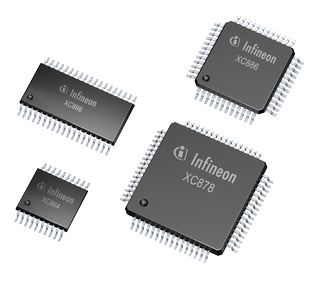onetwothree4
Member
OOOOOK everybody!!
I need some answers!!! somebody help me please!
I shall list them here yeah.
(1)
 they look like this right?
they look like this right?
(2) how do I program them ! which hole do I do what which so many legs!
(3) will I then need other circuit components to realize the code that was programmed on the chip?
(4) now I don't got no specificity bought micro controller , however I have some from scrap microcontrollers stuff like from microwaves, phones and so on stuff like that. Can I just take one of the chips out and program them?
(5) where do I start to learn about micro controllers ; want to know everything about them
I need some answers!!! somebody help me please!
I shall list them here yeah.
(1)

(2) how do I program them ! which hole do I do what which so many legs!
(3) will I then need other circuit components to realize the code that was programmed on the chip?
(4) now I don't got no specificity bought micro controller , however I have some from scrap microcontrollers stuff like from microwaves, phones and so on stuff like that. Can I just take one of the chips out and program them?
(5) where do I start to learn about micro controllers ; want to know everything about them
